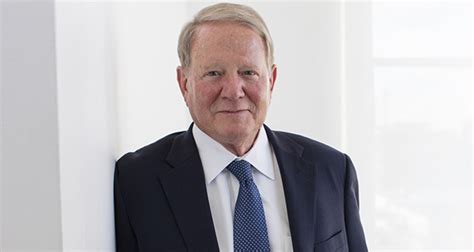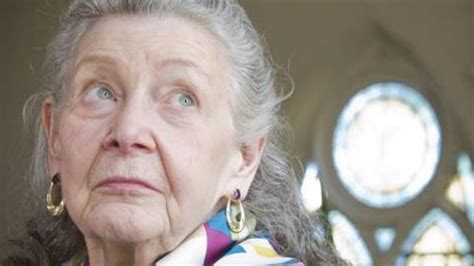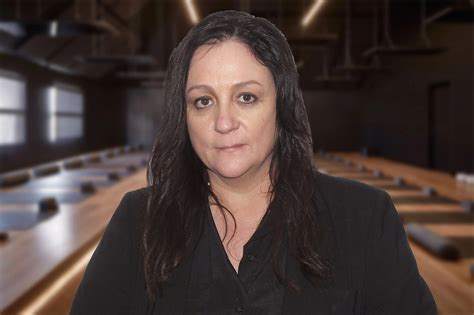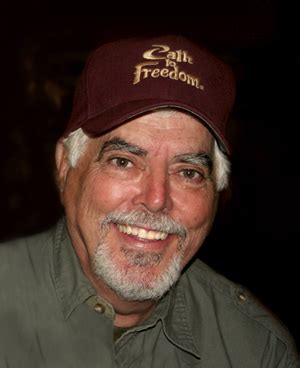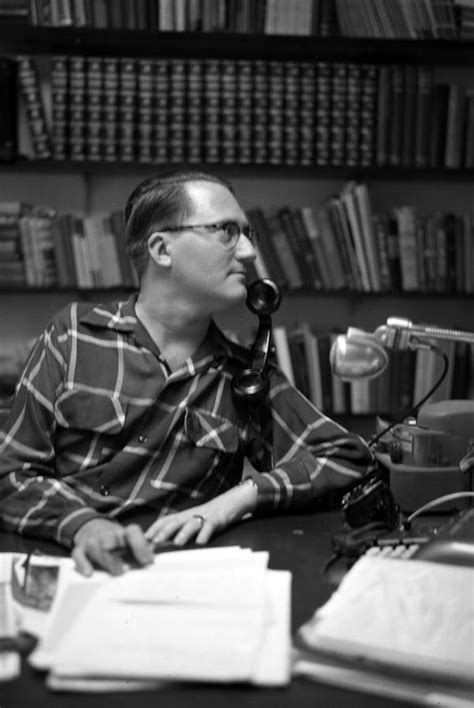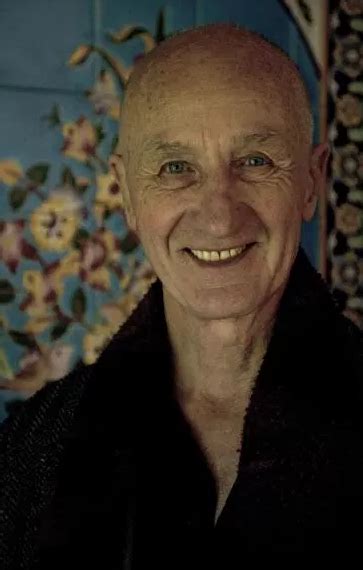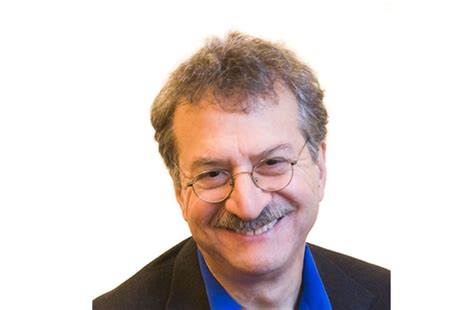A Quote by Stephen Covey
We immediately become more effective when we decide to change ourselves rather than asking things to change for us.
Related Quotes
Rather than put ourselves down continually, we must work hard to concentrate on our positives, focusing on that which makes us unique and likable. We all have things that we would change if we could. Even people who we think have it all, don't. Nobody has it all because no one is perfect. We all realize this and yet continue to criticize and insult ourselves. Now is the time to stop this nonsense! Change what you can change and accept the rest as a necessary part of your own unique humanity. Make peace with who you are.
Prayer is not a way to get what we want to happen, like the remote control that comes with the television set. I think that prayer may be less about asking for the things we are attached to than it is about relinquishing our attachments in some way. It can take us beyond fear, which is an attachment, and beyond hope, which is another form of attachment. It can help us remember the nature of the world and the nature of life, not on an intellectual level but in a deep and experiential way. When we pray, we don't change the world, we change ourselves. We change our consciousness.
I happen to believe the world will change only when we change ourselves. And that starts with finding ourselves: learning to quiet the clamor in our minds and the voices of everyone around us and move toward what feels right – toward the things we know, for reasons we can’t explain, that we’re mean to do, the things that makes us feel alive.
In our society, growing food yourself has become the most radical of acts. It is truly the only effective protest, one that can-and will-overturn the corporate powers that be. By the process of directly working in harmony with nature, we do the one thing most essential to change the world-we change ourselves!
There is nothing that you can do to change the present moment. It simply is. You may be able to change the situation one second, one minute, one hour, or one day from now, but there's absolutely nothing you can do to change the way things are right here and now. By not getting irritated you will be more effective in doing what needs to be done to change the situation for the next moment.
We certainly do not forget you as soon as you forget us. It is, perhaps, our fate rather than our merit. We cannot help ourselves. We live at home, quiet, confined, and our feelings prey upon us. You are forced on exertion. You have always a profession, pursuits, business of some sort or other, to take you back into the world immediately, and continual occupation and change soon weaken impressions.
When we feel we are powerless our ego most wants to change the things in our world. As we realize we have the power to change our reality the maturity that comes with that understanding changes us, and we find ourselves in acceptance of what is with less desire of feeling our need to change the world around us.
That 'change makes us uncomfortable' is now one of the most widely promoted, widely accepted, and under-considered half-truths around. [I]t is not change by itself that makes us uncomfortable; it is not even change that involves taking on something very difficult. Rather, it is change that leaves us feeling defenseless before the dangers we 'know' to be present that causes us anxiety.
There seems to be something in the zeitgeist, and maybe it's a function of - I'm no analyst, nor am I a psychologist - when you look at things and say, What if I could go back and change things? I think we live in a world right now where people are asking those questions a lot. What if we could go back and change what we did? How would we change the way we handled things in the Middle East, and how would we change things with the banking industry, and how would we change economic and educational issues?
It's amazing how much information is coming at us most of the time through technology, the media and the busyness of the world around us. I've decided that the world probably isn't going to change, so I have to change. I'm learning how to keep my mind on what I'm doing, rather than thinking about several things at once or what I want to do next.

